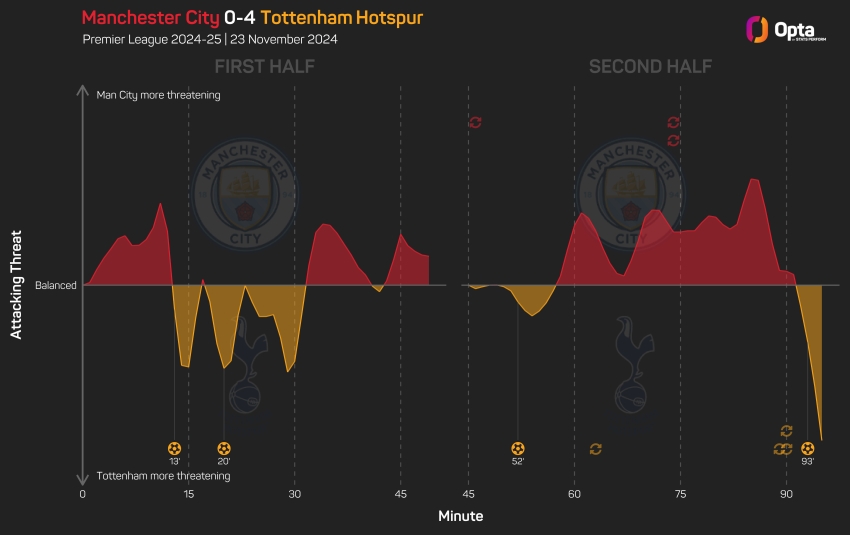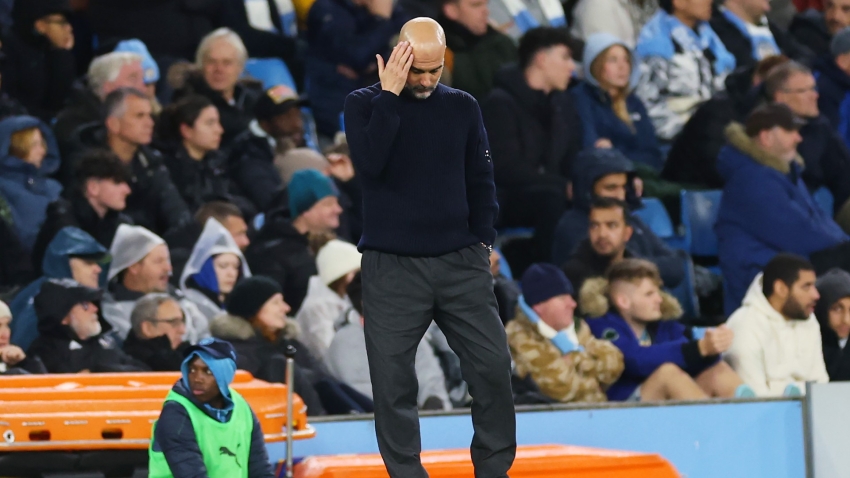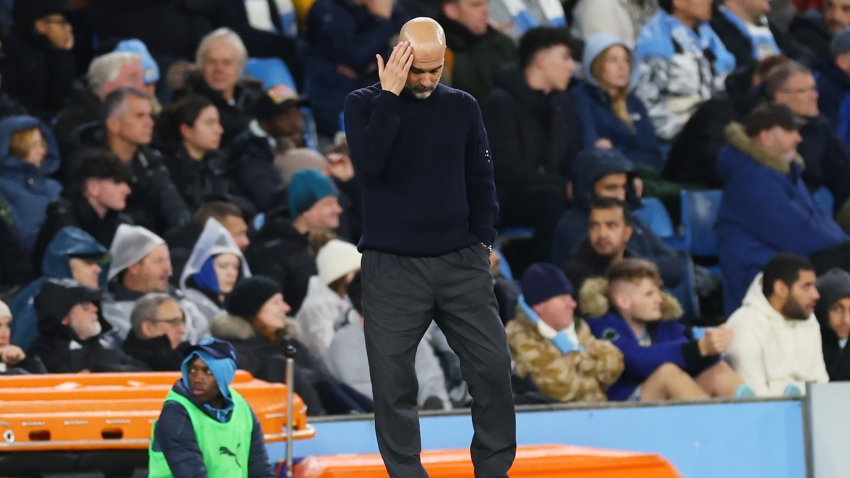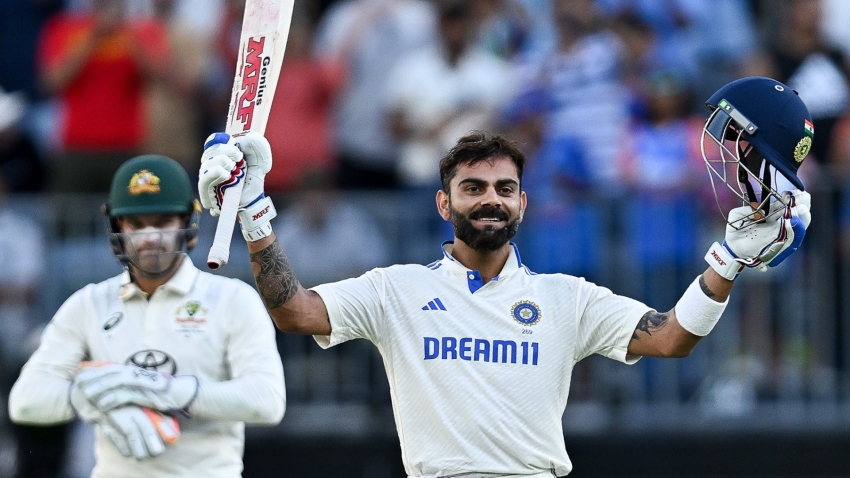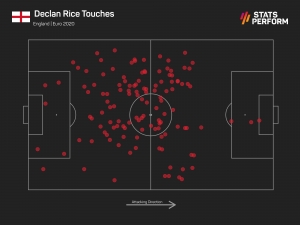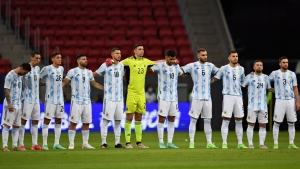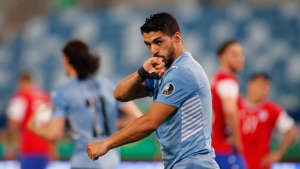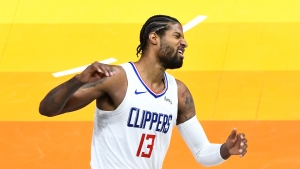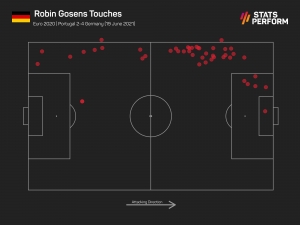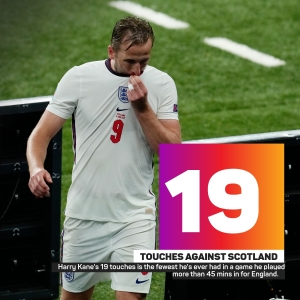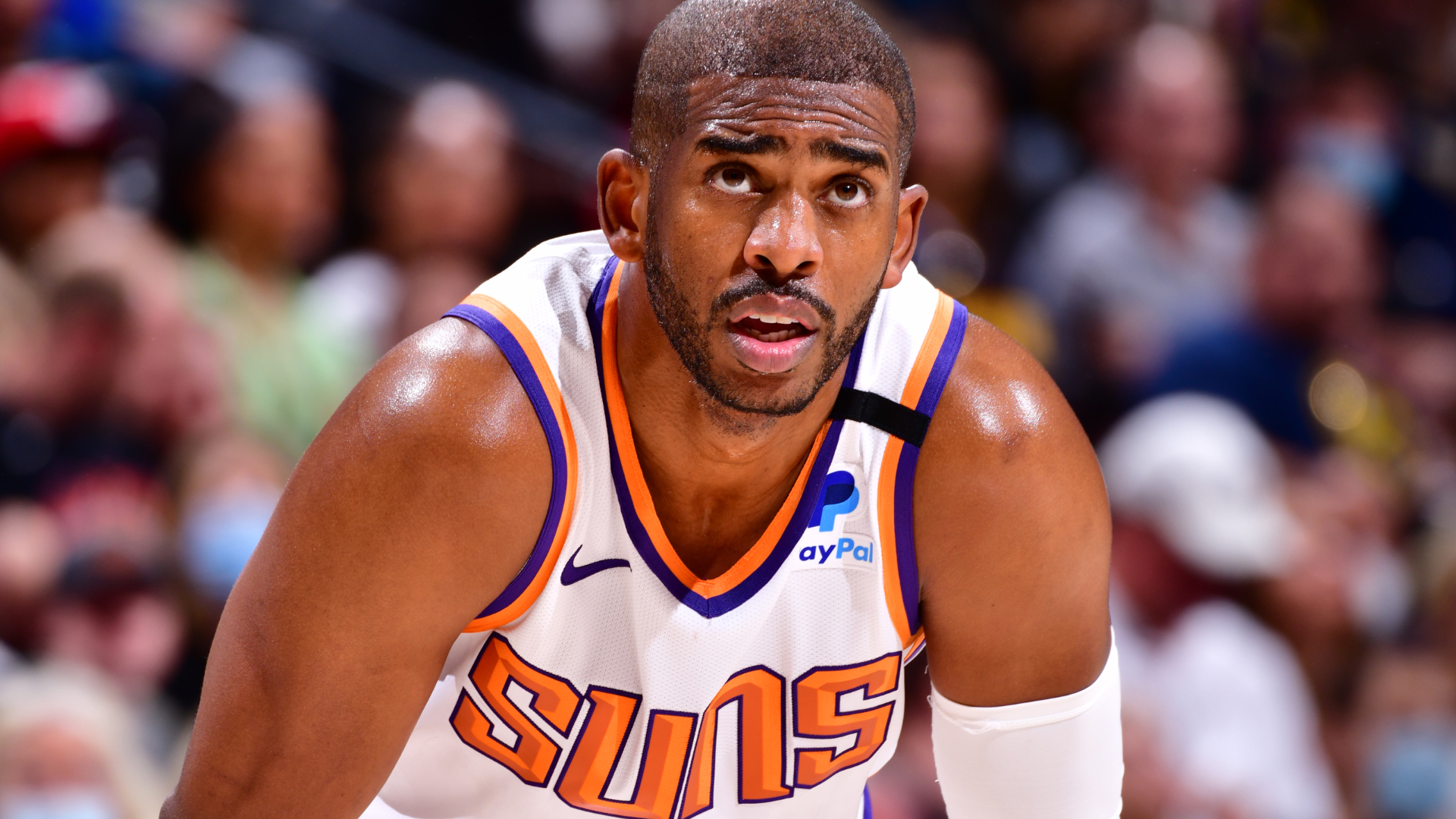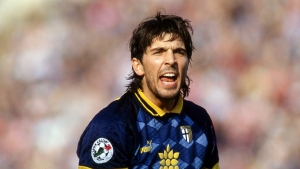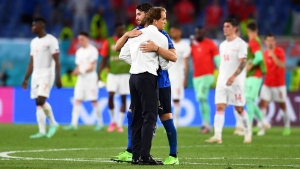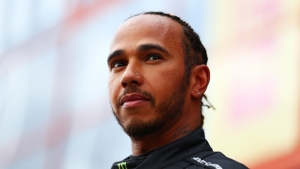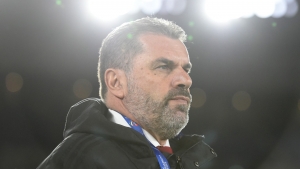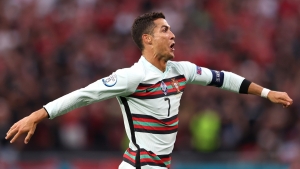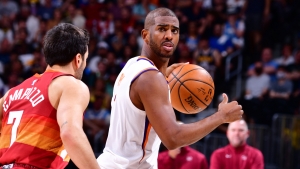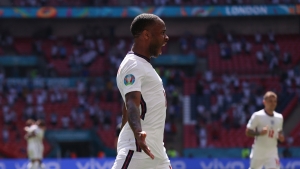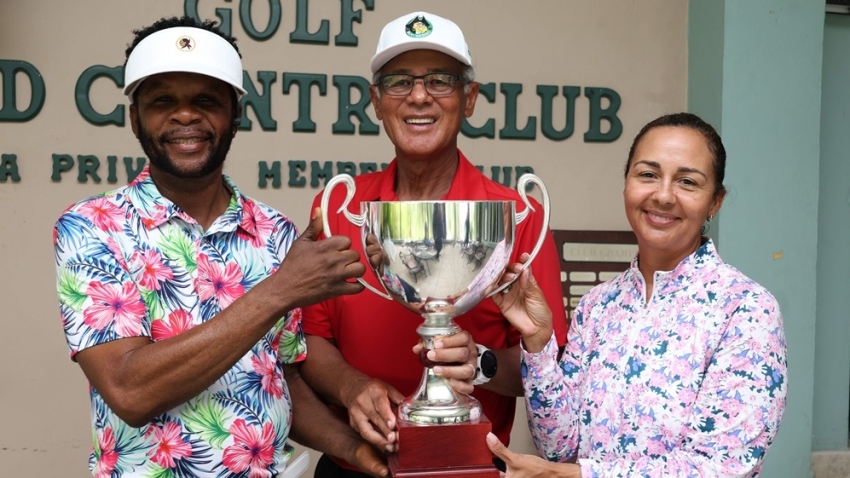"The biggest trouble with Celtic is trying to keep hold of Ange. In three or four years, you're going to have the same situation. He has won multiple titles and he will be trying to get a move to England or one of the big leagues. That is his pathway."
Ange Postecoglou is cut from the same cloth as Pep Guardiola and Maurizio Sarri – an emphasis on a high-octane style of attacking football, with an unrelenting belief in their philosophy.
But his appointment as Celtic manager has caused a stir in Scotland. Fans have questioned his ability and credibility to make the step from Asian to European football.
Postecoglou has been tasked with leading an embattled Celtic back to the Scottish summit after the Bhoys were dethroned by bitter rivals Rangers in 2020-21.
There are some parallels to legendary manager Arsene Wenger. Like Postecoglou, the Frenchman had history in Japan, having spent a year with Nagoya Grampus before being brought to the UK by Arsenal in 1996.
Social media was not around at the time of Wenger's Gunners arrival, though it would be safe to assume he would have been subjected to similar criticism from a supporter base desperate to wrestle the trophy back to Celtic Park.
Those questioning Postecoglou's pedigree should look no further than his CV – the most decorated coach in Australian football history, having also transcended and changed the landscape of the sport Down Under.
From South Melbourne to Australia and Japan, Postecoglou has won it all – a pair of National Soccer League championships, back-to-back A-League titles, a record 36-match unbeaten streak at Brisbane Roar, plus a ground-breaking 2015 Asian Cup triumph with the Socceroos and a J1 League crown with Yokohama F.Marinos, while silencing his doubters.
A former Australia international, Postecoglou – who delivered two NSL trophies within three years of his tenure in charge of boyhood club South Melbourne – truly announced himself at the helm of 'Roarcelona'.
After a brief and unsuccessful stint in Greece in 2008, followed by a short spell in the semi-professional state league in Victoria which resulted in relegation, Postecoglou landed in Brisbane the following year.
Postecoglou oversaw a rebuild and after asking to be judged a year from the time he replaced ex-Socceroos boss Frank Farina, his project culminated in the development of arguably the greatest footballing side in the history of Australian football.
Playing an entertaining and possession-based brand of football, the Roar won the championship in 2010-11 and successfully defended their trophy the following season amid a 36-game unbeaten streak – an all-time Australian football code record for the longest undefeated run, surpassing rugby league outfit Eastern Suburbs' record set 74 years prior.
Postecoglou also coached Melbourne Victory before his Australia appointment in 2013. In the A-League, his teams scored 1.7 goals per game; only one head coach (minimum 30 games) has a higher average in the competition's history (Graham Arnold - 1.8).
The Greek-born boss left Australia's domestic competition with a 51 per cent win percentage as head coach – the joint-fifth best of any manager in the competition's history.
Erik Paartalu was one of Postecoglou's first signings as Roar coach and the ex-Australia international told Stats Perform: "He will be absolutely buzzing. He isn't the type to take a job on lightly. He would've researched beforehand. I'm sure he's probably been offered jobs of this calibre before but wasn't ready.
"Ange has always been ambitious. This guy just doesn't stop. Any other Australian coach that would've won the J.League would've just stopped there and chilled out in Asia. The guy is in his mid-50s. He would've researched this whole situation at Celtic, who is leaving and who is coming, who can I get in? I know he's already thought about his next step from here."
"With Ange, it was the tactical side of it where he explained and broke things down so easily on the pitch, whether that be playing 11-v-seven, so you would have a huge overload and confidence in possession. Or if it was in a video session, always pointing out the good things about people," said Paartalu as he reflected on his Roar days. "He always pumped up the smaller details of the team. His way to getting us to feel, you just felt so confident."
Postecoglou, like Manchester City's Guardiola and former Chelsea and Juventus boss Sarri, pushes the boundaries. Firmly set in his belief of how football should be played, Postecoglou's approach never waivers and success follows the 55-year-old in his pursuit of excellence.
"That's what we loved about him," Postecoglou said. "We went on that unbeaten streak and then lost five in a row. Never even mentioned getting close to the record. It was just like 'if we play the way we play, we'll wipe this team off the park'.
"In the first grand final [2011 against Central Coast Mariners], the goal I scored in the last couple of seconds [of extra time, 120th minute to force penalties after 2-2 draw], it was the build-up before that showed everything that we're about. [Michael] Theo had the ball and could've gone long, but he throws it to [Massimo] Murdocca and we build up from the back and get a corner. That was so typical of the way he wanted us to play. Even in training, it was like, 'don't put the ball above waist height or in the air'. If you did that, you had to give the ball to the other team. So we were drilled into knowing short passes, through lines, everyone in the right position, movement off the ball, entry points on the edge of the box, guys overlapping, 4-3-3 and don't cross the ball in if you're not sure. That was his blueprint. We were going to play his way all the way to the death. When we lost five in a row, he never got angry. He was so clear, saying keep doing it, be confident, keeping passing the ball.
"He definitely improves players' game intelligence when they work under him. You feel 10-feet tall and just know your job inside and out because of the way he prepares you."
Handpicked to introduce style and substance to the Socceroos in 2013, Postecoglou led Australia at the 2014 World Cup. Undaunted by the 'Group of Death', Australia left Brazil emptyhanded, but took it to Chile, the Netherlands and holders Spain in stunning fashion.
Postecoglou delivered a first Asian Cup to Australia in 2015, while he secured qualification for the 2018 World Cup before stepping down prior to the Russian showpiece.
The Socceroos scored 86 goals in A-Internationals under Postecoglou – the second most they have scored under any manager since the beginning of 1965 (Frank Farina - 197). Australia won 22 games during his tenure; only two managers have won more since the beginning of 1965 (Frank Farina - 34 and Holger Osieck - 23).
Postecoglou eventually landed at F.Marinos – part of the City Football Group – in 2018.
Physical performance coach Gregory King was part of the team Postecoglou put together to accompany him on his journey in Japan, where he ended F.Marinos' 15-year wait for league glory in 2019.
Postecoglou left F.Marinos with the highest winning percentage (49.2 – 58 victories in 118 games) in the history of the club. Since joining the Yokohama club, only two managers have a better winning percentage than Postecoglou; Toru Oniki (65) and Go Oiwa (50) from a minimum of 10 games.
Despite the language barrier, F.Marinos bought into the Postecoglou way. Since 2018, the team ranked first for passing accuracy (86.5) and possession (63.2), while they were second for goals per game (1.9), expected goals per game (1.8), shots per game (15.2), shots on target per game (5.3), shot conversion rate (12.6), shooting accuracy (47.2), chances created per game (11.4), passes per game (619.4), passing accuracy in opposition half (82.4), big chance total per game (2.4), big chance created per game (1.8) and big chance scored per game (1.1).
"He definitely has a really good understanding from conditioning, strength and sport-science point of view," King told Stats Perform. "His attention to detail is optimal. You know you can't pull the wool over his eyes. He knows everything going on within his team but he lets you run your own department. He gives you a license to achieve the objectives of the team in your own way."
During F.Marinos' triumphant season in 2019, Postecoglou's men covered the greatest distance in the J1 League (116.48), ahead of Oita Trinita (114.79km). They also tallied the most total sprints with 191, more than FC Tokyo (174).
As Postecoglou prepares to take pre-season training with Celtic, King said: "They're definitely in for a lot of hard work. Really quality football sessions based around the principles of how he wants to play. But, there's no holding back in terms of intensity.
"I think they will enjoy the sessions, however they will be pushed physically. The football we played in Yokohama was extremely high intensity. The physical qualities have to be at their peak. We expected our best players to play regularly, so to be able to do that, the players have to have a lot of good hard work behind them and to be able to cope with it."
"I'd be very surprised if he wasn't looking closely at injury history, how many games they've been able to play over the past seasons in terms of durability. Speed is obviously a massive factor from the forwards and also the centre-backs being able to play really aggressive and a high line. You can only do so much when you have them. We feel we can improve them all physically but from a conditioning point of view, you have to recruit players strong in those areas already to be able to play the way we did."









